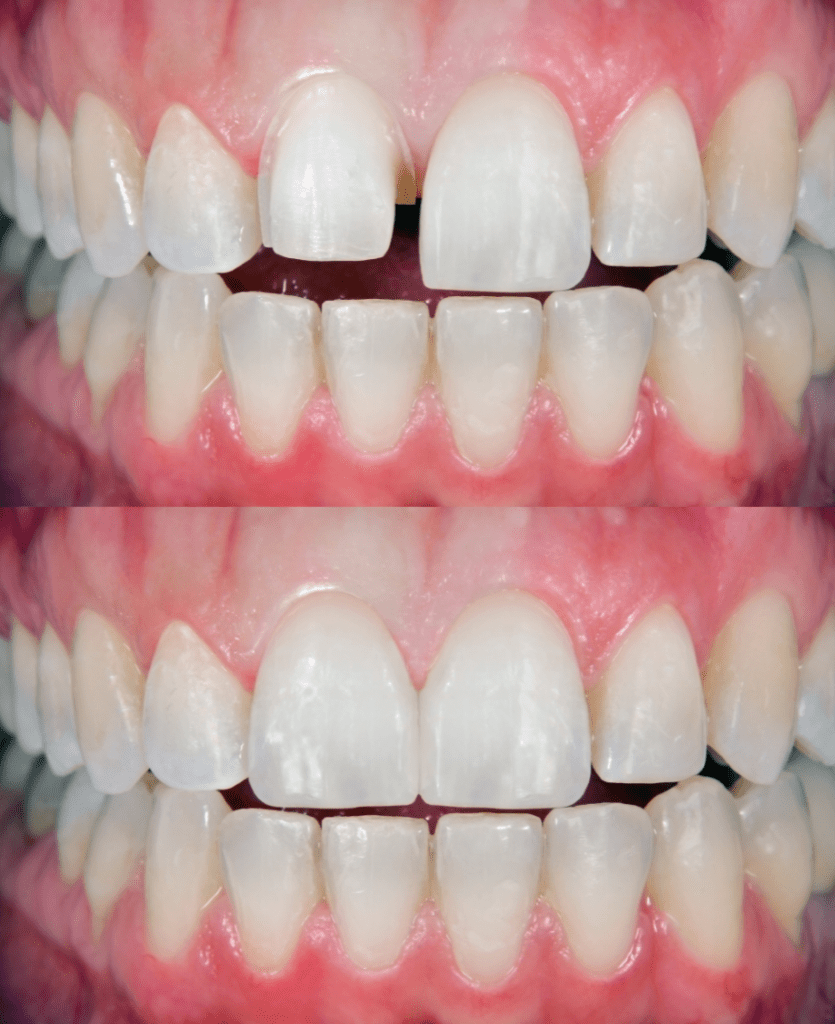Veneers Near Me
In Ventura
Your smile is one of the first features that most people will notice.
Your smile is one of the first features that most people will notice.
Look no further than Ventura Dentist when in search of the best dentist for veneers. Our team of experienced dental professionals is devoted to assisting you in achieving the perfect smile you’ve always desired through impeccable veneers.
Veneers Dental are a sought-after cosmetic solution renowned for their transformative effects on a person’s smile. Our nearby veneers services provide a simple and efficient method for correcting various dental issues, including chipped, cracked, or discolored teeth, as well as managing gaps between teeth.
Our commitment at Ventura Dentist involves utilizing the highest quality materials for the construction of dental veneers in close proximity. Recognizing the individuality of each patient, we take the necessary time to personalize every treatment plan to meet your specific needs and objectives.
Our custom-made dental veneers are designed to seamlessly fit your teeth, producing a smile that appears natural and stands the test of time. We collaborate extensively with each patient, ensuring their veneers Dental are tailored to precise specifications, considering factors such as tooth shape, size, and color.
For the perfect smile veneers, look no further than the top dentist for veneers in Ventura. With years of expertise, our team excels in crafting beautiful, natural-looking veneers that our patients proudly display.
If you want to discover more about dental veneers near your location, reach out to Ventura Dentist today to arrange a consultation with one of our skilled dental professionals. We are ready to address any inquiries you may have and assist you in determining whether veneers are the suitable choice for you.
Don’t procrastinate in achieving the ideal smile veneers you’ve been longing for. Contact Ventura Dentist today and commence the first phase toward a brighter, more confident smile.


Porcelain Veneers: These are thin ceramic shells custom-made to enhance and correct teeth. They serve as excellent restorations, capable of altering the shape, color, size, and alignment of the teeth. Porcelain veneers Dental offer strength, durability, and a natural appearance. While they come at a higher cost, they are considered the most aesthetically superior option.
Composite Veneers: These veneers, composed of composite restorative material, closely resemble porcelain veneers. They are typically recommended for minor corrections and are more cost-effective compared to porcelain veneers.
Direct/Instant Veneers: This type of veneer provides a faster and simpler solution as they are pre-made and bonded to the tooth surface during the same appointment. Although less expensive than porcelain veneers, they may not always perfectly match natural teeth.
Temporary/Removal Veneers: In cases where patients are not prepared for permanent veneers Dental, removal veneers offer an alternative. Custom-made, cost-effective, and easily removable by patients whenever needed.
The decision to have dental veneers is a permanent change affecting both your teeth and how you look. If you’re considering getting veneers in Ventura, take the time to understand the pros and cons with guidance from our specialists at Channel Islands Family Dental.

One of the main features of veneers is the similar properties of porcelain to the tooth structure and remarkable resemblance with enamel because of its optic properties. This gives the veneer a natural and realistic appearance.
Porcelain is ceramic, and glass-like structure makes it extremely smooth and impervious. This makes the teeth resistant to discoloration and permanent stainings like stains from coffee, wine, or cigarettes.
The color of porcelain can be easily altered. The required shade can be selected from the shade guide and matched with the patient’s natural teeth or can make them appear whiter.
Compared to crowns, veneers do not need excessive shaping or contouring. The ultra-thin nature of veneers often required the least shaping of teeth and easy placement.
Improved appearance and confidence boost: Veneers can help to cover the little flaws, crooked smiles, stains or gaps in between the front teeth. Veneers significantly improve a person’s smile and help in building confidence.
Veneers can help to cover the little flaws, crooked smiles, stains or gaps in between the front teeth. Veneers significantly improve a person’s smile and help in building confidence.

Veneers, especially porcelain are a little costlier when compared to other dental procedures. The cost of treatment increases with each unit where the veneer has to be done.
Although veneers are quite durable, when compared to crowns, veneers are extremely thin and are more prone to chipping and fracture. They are not suitable for patients with the habit of night grinding and eating hard food items.
Bonding of veneers requires removal of some enamel that could make your tooth more sensitive to hot and cold foods.
Placement of veneers requires slight cutting of enamel, it is a permanent procedure and once it is done there is no going back.
In patients with unhealthy teeth with weak, or less enamel on the surface, extensive decay, or periodontal problems, veneers cannot be used as an option for the treatment of aesthetic corrections.